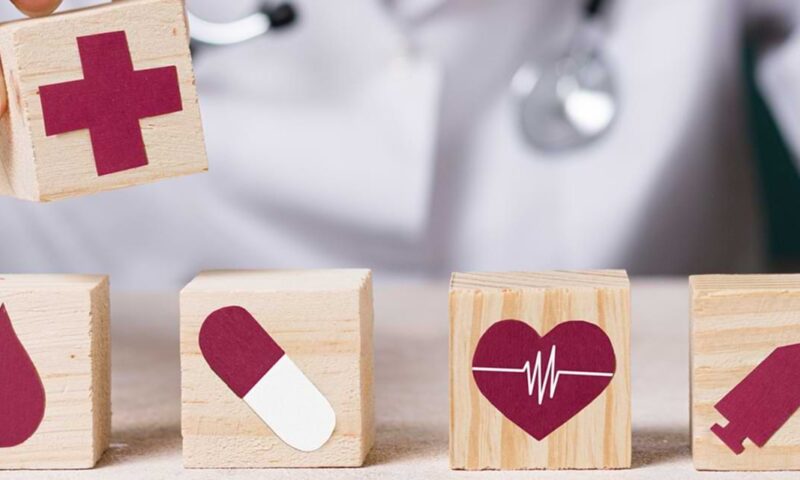Liability for damage exists if the following special conditions have been met:
- injured person and tort-feasor (subjects)
- harmful action
- damage
- unlawfulness of the tort-feasor’s action
- established causal link between undertaken harmful action and harmful consequence
- fault of tort-feasor.
Assumptions of liability for damages vary depending on whether liability for damages based on the criterion of guilt or causing damage.
Liability for damages based on causing damage criterion on the basis of the strict liability for dangerous object of property or dangerous activity, it is enough the existence of two conditions: the damage and the causal link established between undertaken harmful action and harmful consequence.
Subjects of the contractual and other relation of liability for damages are: a responsible person and injured person.
The responsible person is the one that shall be liable for damages to another. However, because the responsibility for the damages can be based on some other criteria, not only on the criterion of guilt, the person responsible for the damages can be another person and not the immediate tort-feasor
Harmful action shall be human action by which to another person (the injured person) causing damage.
The action may be maifested as an active treatment contrary to a prohibition imposed by the legal regulation (commissio) or passive omission to do something, something that otherwise required by law (ommissio).
Injury or loss shall be a diminution of someone’s property (simple loss) and preventing its increase (profit lost), as well as inflicting on another physical or psychological pain or causing fear (non-material damage, or mental anguish). (Article 155 of The Law on Contract and Torts).
The causal link is the connection that exists between the two phenomena, ie. between cause and effect, wherein one phenomenon shall be conditioned (induced) by another.
In our law theory of adequate causation has been adopted according to which only one circumstance that is legally relevant and which in the ordinary course of things cause such consequence shall be considered as cause.
The existence of a causal link must be proved always if the liability for damages is based on fault.
The burden of proof lies with the injured party. On the other hand, strict liability for damages can not exist without causality because causality is the reason and the condition of its existence. For damages caused by dangerous object of property its holder shall be liable, and for damage caused by dangerous activity a person who occupy-itself shall be liable and in these cases there is a rebuttable presumption of causation.
Injury or loss occuring in relation to a dangerous object of property or dangerous activity, shall be treated as originating from such object or activity, unless proven that these were not the cause of injury or loss. (Article 173 of The Law on Contract and Torts). An owner shall be exempt from liability after proving that injury or loss took place due to a cause outside theobject of property, whose effect could not have been foreseen,avoided or eliminated or after proving that injury or loss occured entirely through an act of the person sustaining injury or loss or a third person, which act could not have been foreseen by him and whose consequences he was not able to avoid or eliminate. (Article 177 of The Law on Contract and Torts).
According to provisions of Article 158 of The Law on Contract and Torts fault shall exist after a tort-feasor has caused injury or loss intentionally or out of negligence.
In order to a certain person shall be considered guilty for a specific action it is necessary that it is capable for reasoning, respectively that it is able to understand the importance of its own act and that it is able to control its own actions. Liability for damages arising from guilt does not exist for the following persons (irresponsible persons):
- a person who, due to mental disease or retarded mental development, or for some other reason, is unable to reason (i.e. mentally incompetent), shall not be liable for loss or injury caused to another. (Article 159 paragraph 1 of The Law on Contract and Torts)
- whoever causes loss or injury to another being in the state of temporary mental incompetence, shall be liable for it, unless being able to prove that he was not to be blamed for coming into such state. Should he came into such a state through fault of another, liability shall fall onto the person bringing him into such a state. (Article 159 paragraph 2 and 3 of The Law on Contract and Torts).
Unlawfulness exists in the case when certain legal norms that protect property interests or non-pecuniary interests that shall be defended by property sanctions are violated by a human act.
However, not every act which caused the damage to be unlawful. There are certain circumstances that exclude unlawfulness. Those are:
- Performance of Public Duties – the action of the person which in the performance of public duties by its own action cause injury or loss to another, it is not unlawful, on condition that it has been taken by an official in the framework of his official powers.
- Assent of Person Sustaining Loss or Injury – whoever to his own detriment permits another to take an action, shall not demand from him recovery of damage caused by such action. A statement of a person sustaining injury or loss by which he has agreed that harm be done to him through an action forbidden by law shall be null and void.
- Justifiable Self-Defense – whoever in a justifiable defence causes loss or injury to an assailant shall not be liable to redress it, except in case of exceeding justifiable defence.
- Extreme Necessity – should someone cause loss or injury in a state of necessity, the person sustaining loss may demand recovery from the person at fault in creating the danger of loss or injury,or from persons from whom loss has been eliminated – but from the latter not more than up to the amount of benefit they have obtained through such elimination.
- Permitted Self-Help – permitted self-help shall mean the right of every person to eliminate violation of a right in face of an imminent danger, should such protection be necessary and should the way of eliminating the violation of right correspond to circumstances of emerging danger.
- The Use of Its Own Right – a person which cause damage to somene by using its own right, it isn’t obliged to compensate it.
Read more:
Compensation »
Types of damage »
Professional liability insurance in Serbia »








